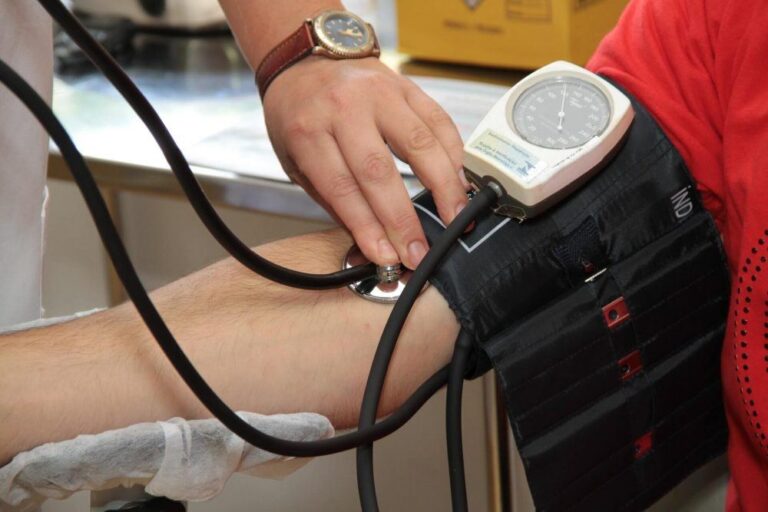A car accident can be a traumatic event that affects various aspects of our health, including our cardiovascular system. One concern that may arise after a car accident is high blood pressure. In this blog, we will explore the relationship between car accidents and high blood pressure, understanding the potential causes, implications, and management of this condition.
Are you experiencing high blood pressure after a car accident? Don’t worry, Specialty Care Clinics is here to help. Our dedicated team of healthcare professionals specializes in providing comprehensive care for post-accident health concerns.
UNDERSTANDING THE CONNECTION:
- Acute stress response: The stress and adrenaline rush experienced during a car accident can cause a temporary increase in blood pressure. This is a normal physiological response to a traumatic event.
- Emotional impact: Car accidents can be emotionally distressing, leading to long-term psychological stress. Chronic stress can contribute to the development of high blood pressure over time.
- Physical injuries: Injuries sustained during a car accident, such as head trauma or damage to blood vessels, can directly affect blood pressure regulation.

SIGNS AND SYMPTOMS:
- Elevated blood pressure readings: After a car accident, it is not uncommon for blood pressure readings to be temporarily elevated. However, if high blood pressure persists or becomes chronic, it should be evaluated and managed.
- Headaches: Frequent or severe headaches can be a symptom of high blood pressure.
- Dizziness and lightheadedness: Feeling dizzy or lightheaded may indicate elevated blood pressure levels.
- Vision changes: Blurred vision or visual disturbances can be associated with high blood pressure.
- Chest pain: High blood pressure can strain the heart, causing chest pain or discomfort.
SEEKING MEDICAL ATTENTION:
- Medical evaluation: It is crucial to seek medical attention after a car accident, even if you feel fine initially. A healthcare professional can assess your overall health, including blood pressure, and determine the appropriate course of action.
- Diagnostic tests: Diagnostic tests, such as blood pressure measurements, may be conducted to monitor your blood pressure levels accurately.
MANAGING HIGH BLOOD PRESSURE:
- Lifestyle modifications: Adopting a healthy lifestyle can help manage high blood pressure. This includes maintaining a balanced diet, engaging in regular physical activity, managing stress levels, limiting alcohol consumption, and avoiding tobacco use.
- Medication: In some cases, medication may be prescribed to help regulate blood pressure effectively. It is essential to follow your healthcare provider’s guidance regarding medication use.
- Follow-up care: Regular check-ups with your healthcare provider are crucial for monitoring blood pressure and adjusting treatment as needed.

COPING WITH EMOTIONAL IMPACT:
- Seek support: Dealing with the emotional aftermath of a car accident is vital for overall well-being. Reach out to friends, family, or seek professional help to manage emotional stress.
- Stress management techniques: Implement stress-reducing strategies such as deep breathing exercises, meditation, yoga, or engaging in activities you enjoy to alleviate stress and promote overall well-being.
Experiencing high blood pressure after a car accident is not uncommon, but it is important to address this issue promptly. While an acute increase in blood pressure immediately following an accident is typically temporary, persistent or chronic high blood pressure should be evaluated and managed. With our expertise and personalized approach, we can help you manage and treat high blood pressure effectively. Contact us at (469) 545-9983 to schedule a consultation and take control of your health today.
